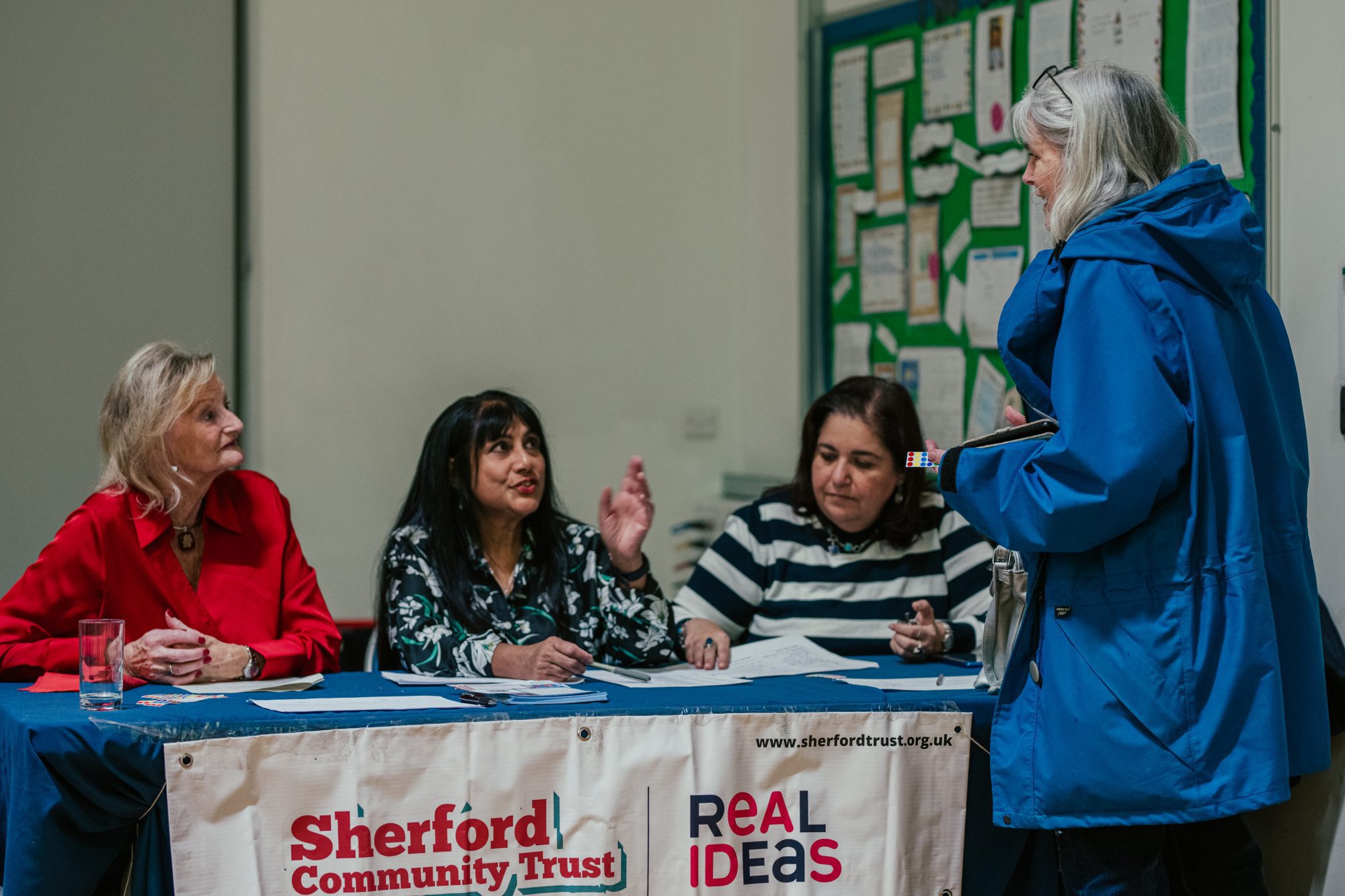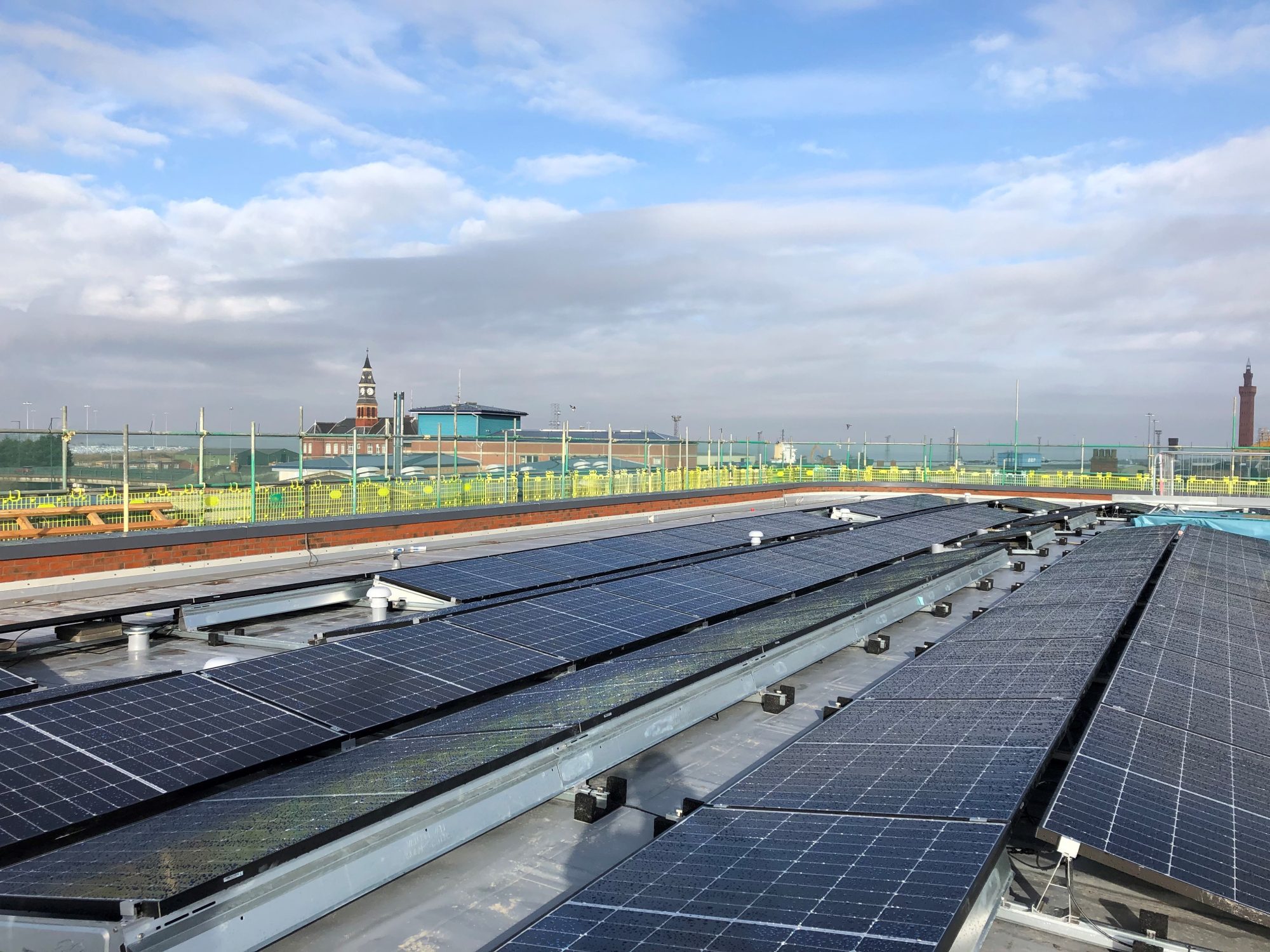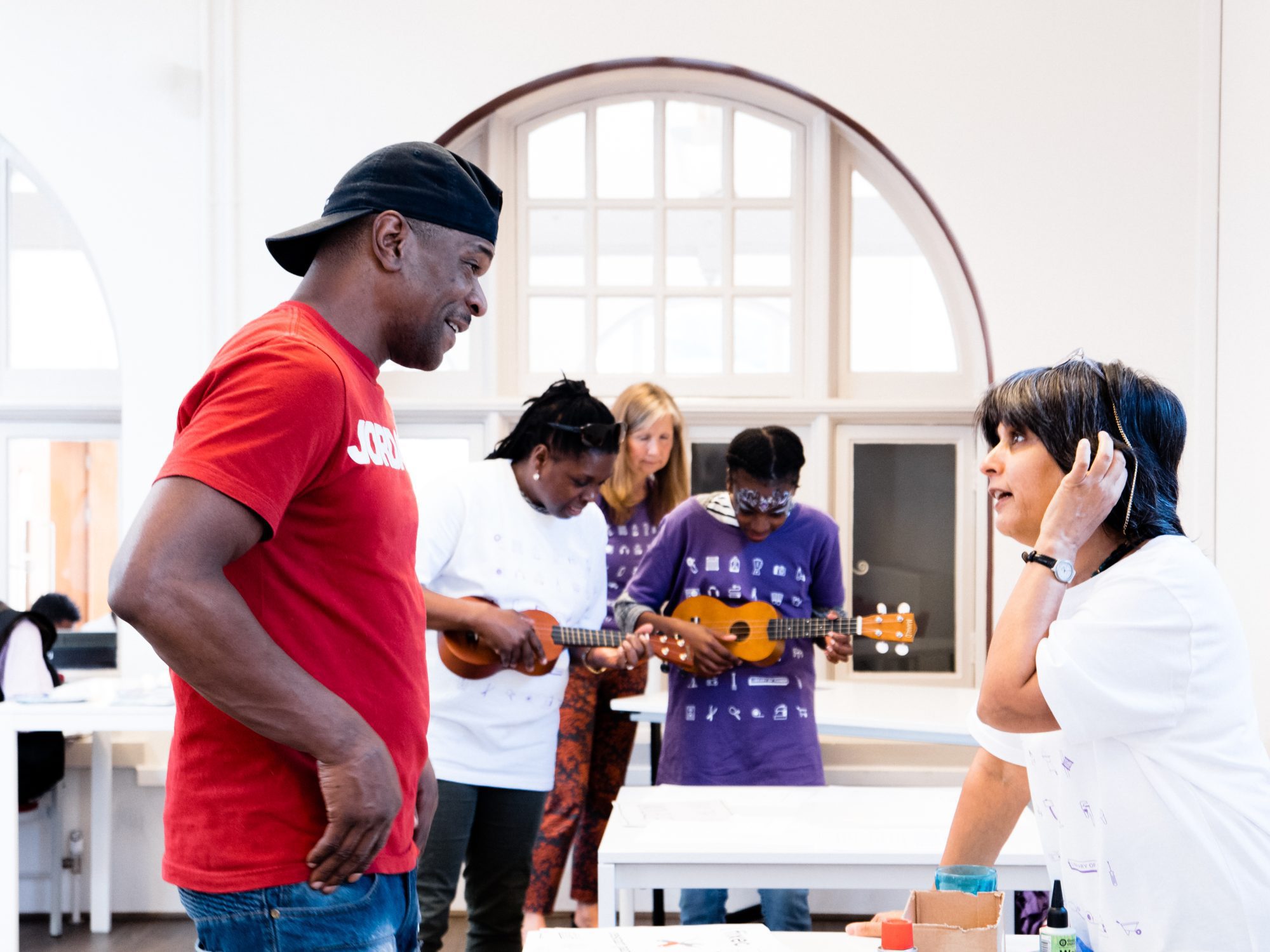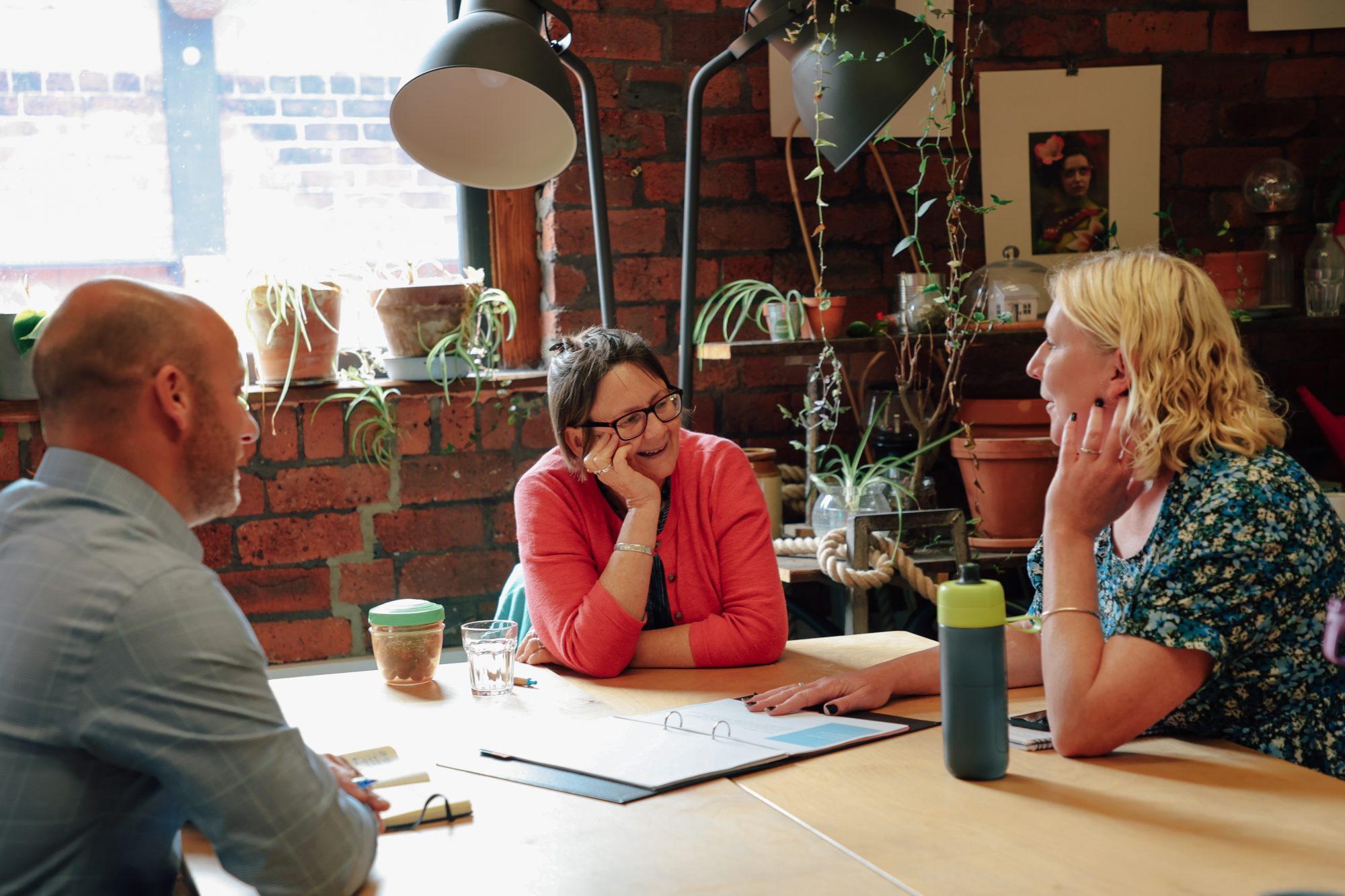
Linda Hien
Insight Manager
People are tired. People are struggling to get by. 88% say the cost of living is the most important issue facing the UK today, and three quarters have felt their cost of living increase in the past month.
Agency is lacking. 84% feel they have little or no control over the decisions that affect them. Look around and you see unfilled potholes and shuttered up shops on the high street. Look around and you see prices going up whilst your wallet feels ever lighter. Look around and it feels like everything is expensive, but nothing is working.
In our recent paper we’ve shown that getting involved in associational organisations can help people to feel that they are part of making a difference. Yet we also know that most people are strapped for time, working multiple jobs to have enough money to feed the kids, whilst around them they see visible signs of decline. It is no wonder, then, that people are disengaged from politics. They don’t have the time to make changes, they don’t think they can make a difference, and they are spectators to the faraway decisions in Whitehall that impact them. Trust in democratic institutions is broken.
How do we rebuild trust?
The challenge, then, of rebuilding trust in politics is two fold. First, the government needs to deliver change that is felt in people’s pockets – freeing up more of their time – and seen in their local area: proof that politics can still change things. As we recommend in our report, this could be supplemented by a statutory Right to Voluntary Service to enable people working for larger businesses or the public sector the statutory right to request time for voluntary service. This should then be expanded to all businesses.
Second, we need to find ways of strengthening our associational life to bring back agency to ordinary people and strengthen their connection to politics. A vibrant associational life doesn’t occur on its own. Government, political parties, and the organisations themselves need to take action, and we set out some ideas to do that like establishing a Democratic Trust Fund. Only then will we see real benefits, particularly in terms of trust and agency, that we saw in both our polling and qualitative work.
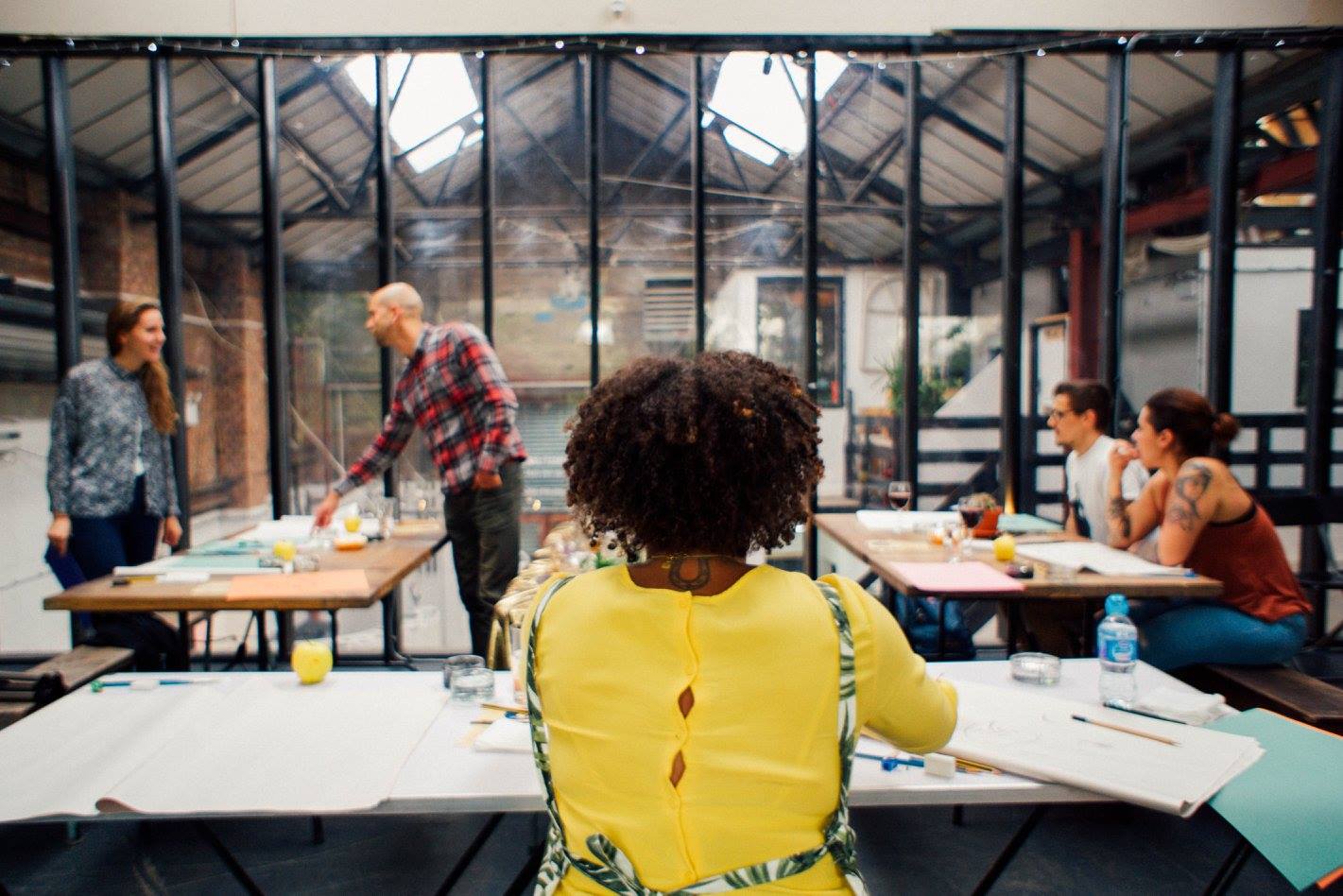
It’s the small conversations that matter
In our focus groups with people involved in associational organisations, we found that leaders of these organisations often wanted to give people in the community their voice back, and members felt free to make small changes, to talk about their opinions, to contribute to organisational decisions. It’s about belonging and being an active part of something in their local area.
One particular story stood out to us. In the East of England a woman who ran a community business told us how people locally, “Don’t want to say anything…don’t think they have a voice” who think voting is pointless and that, “It’s going to make no difference to my life here…it doesn’t matter what I say, so there’s no point”. That sense gets to the heart of problems with our democracy.
From the same woman, however, we found reason for hope. In associational organisations, small changes can make clear that an individual’s voice does matter, that they will be heard, that they do have agency. She described how someone at the community business said that it would be nice to play pool, but that there was not a pool table. The next week there was. In a small way, that person has made change happen by voicing what they wanted to happen and being listened to. You might call it pool table democracy.
It feels small, amidst everything that is going on. But it really does matter. As the woman in the focus group put it, “gradually, hopefully we can hook people in the long term into the other conversations, the external conversations that really matter to them, their future, their children’s future.”
It’s time to prove things can be different. The task for government is for there to be tangible improvements that are felt and seen by ordinary people creating better conditions for people to take part in associational life. In doing so we have demonstrated the benefits that can bring, helping to rebuild trust in our democracy. With a joint effort we can see a bit more of this pool table democracy.
